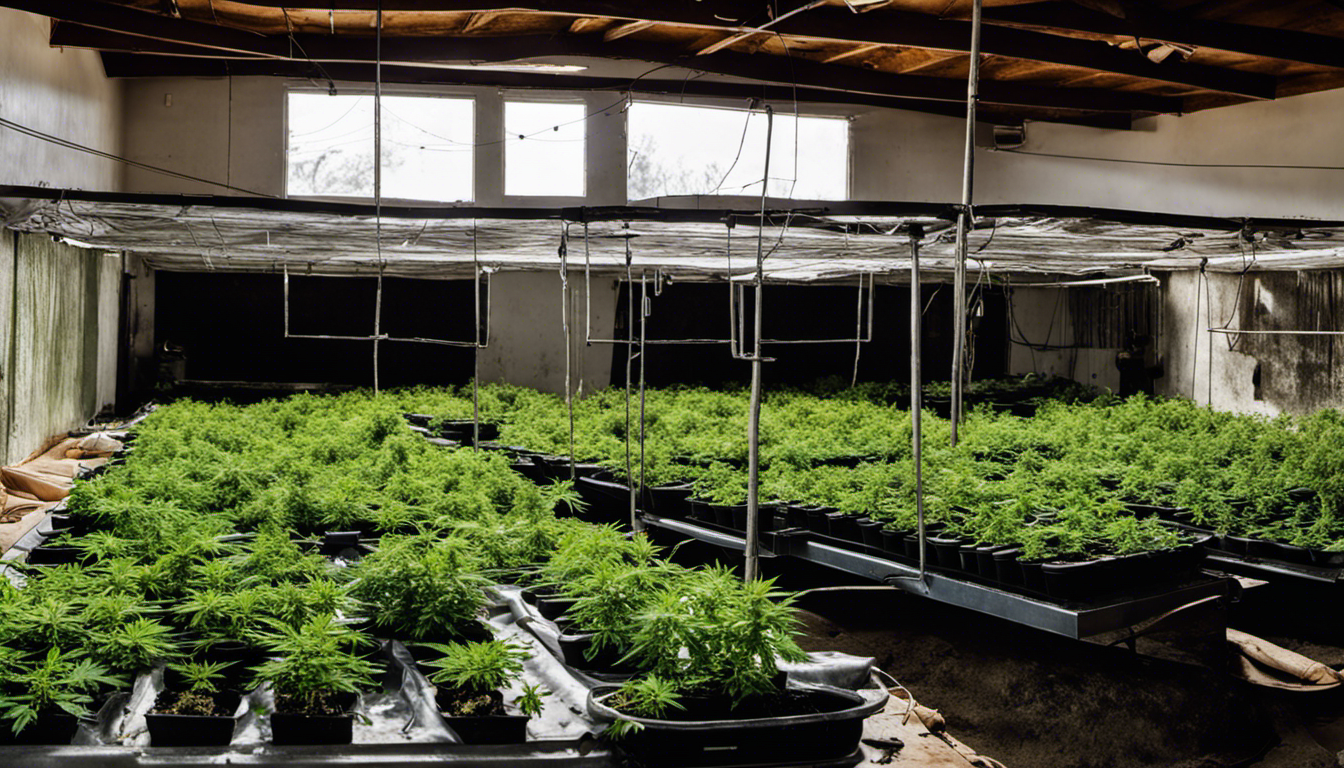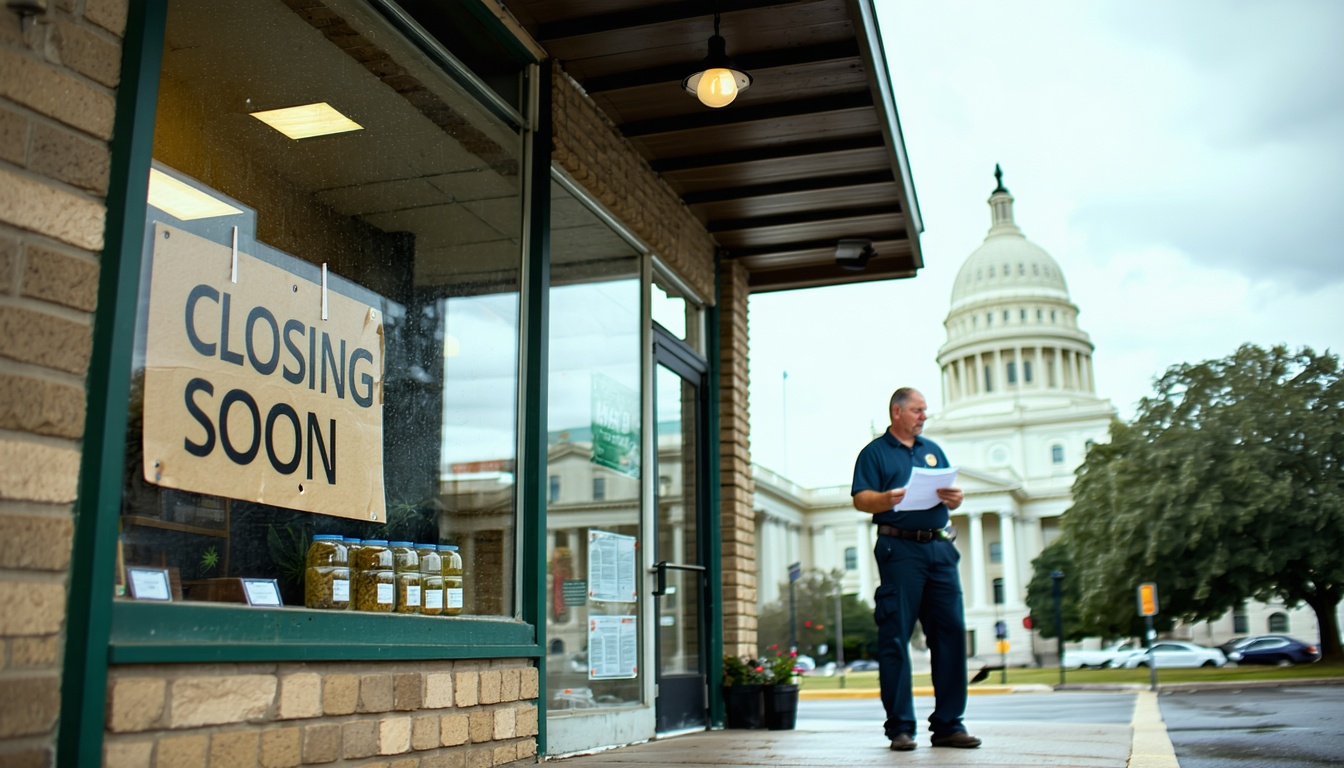Contra Costa County’s Antioch City: Hub of Illegal Marijuana Grow Houses
A recent investigation has uncovered that Antioch, a city in Contra Costa County, is home to one of the largest concentrations of illegal marijuana grow houses in California. The California Department of Cannabis Control has raided over 60 homes in the city that have been converted into illegal cultivation sites.
According to Lieutenant Desmond Bittner of the Antioch Police Department, many of these homes have been completely converted into marijuana grows, with some leaving only a few bedrooms available for the person maintaining the grow to sleep in. The majority of the homes are filled with illegal pot plants, making it a significant challenge for the city’s resource-strapped police department to crack down on these operations.
The California Department of Cannabis Control estimates that at least 100 to 200 homes in Antioch are being used as marijuana grow houses. These illegal operations are highly dangerous, filled with chemicals, wiring, and sometimes standing water, posing a significant risk of fire.
Kevin McInerney, a representative from the California Department of Cannabis Control, stated that one of the recent houses raided belonged to an Oakland police officer and that nearly all of the houses have been linked to Chinese organized crime.
Antioch Mayor Lamar Hernandez-Thorpe believes that the city’s affordability is a major factor in attracting these illegal operations. He urges residents to report any suspicious activity, such as homes being vacant for extended periods or vans arriving at night.
Once the grow houses are discovered, the owners typically flip the properties, selling them for a profit before moving on to new neighborhoods. The Oakland Police Department has released a statement confirming that one of its members is under investigation for their alleged involvement in the illegal operations.
The city’s struggle to combat these illegal operations is ongoing, with the state department of cannabis control taking the lead in the effort.












